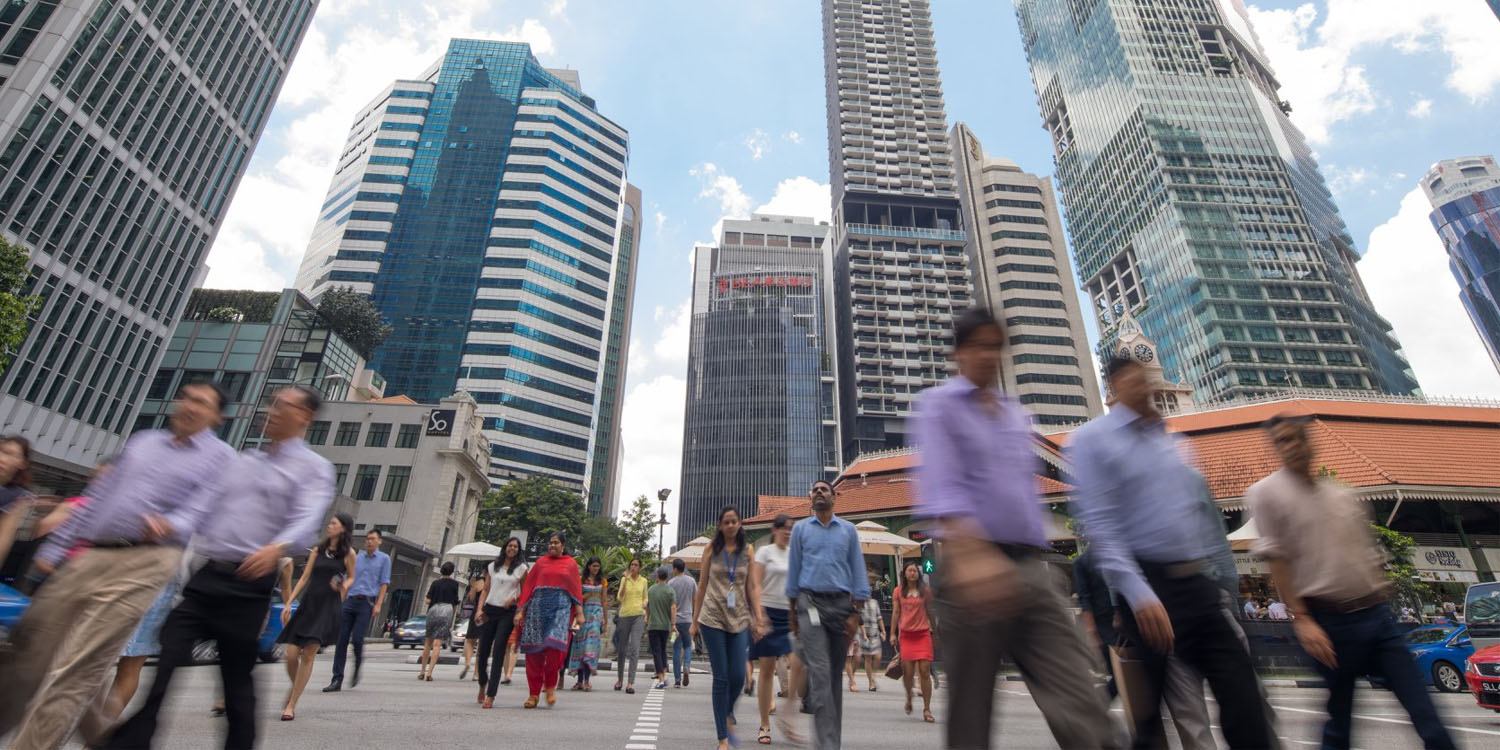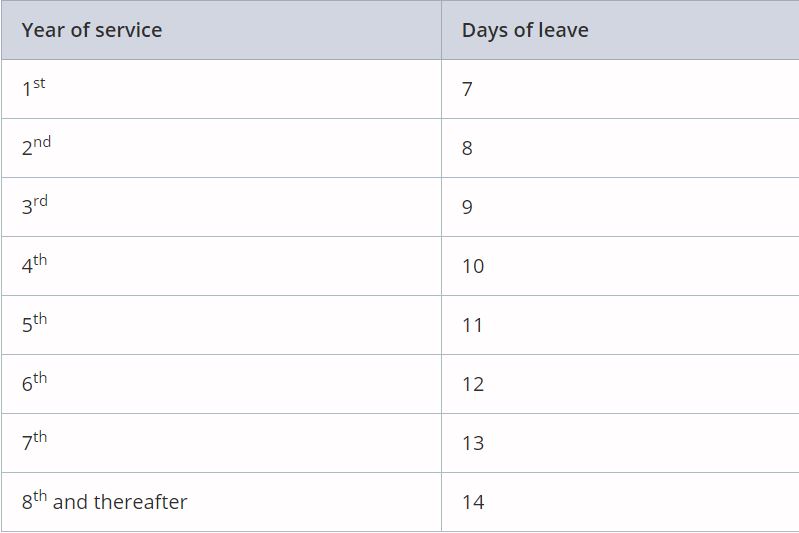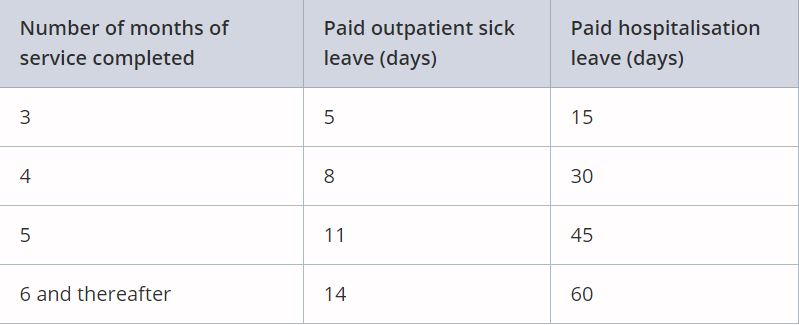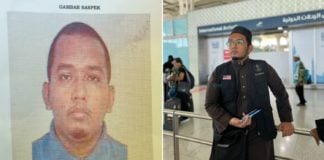10 Employee Rights Every Singapore Worker Should Know
You’re probably relaxing on the couch on Labour Day reading this, wondering why you’re online when you could be sleeping.
Here’s why — what you’re going to read next is a list of basic rights every employee in Singapore should know about.
We’re talking time off, overtime pay, holiday pay and the works. So keep reading if you’ve just started adulting and want to know more.
Do note that the terms below apply to employees covered under Part IV of the Employment Act, specifically the following groups:
- A non-workman earning up to S$2,600
- A workman (doing manual labour) earning up to S$4,500
1. Break times
Having a break from work sounds like a duh thing but work breaks aren’t as clear as recess in school anymore.
Depending on the employer, break time could just be lunch, or if they’re generous enough, extra pockets of relief like tea sessions.
The general rule, however, is that you can’t work for 6 straight hours without pause. If absolutely necessary and you have to work for more than 8 hours, you must get breaks for meals, lasting 45 minutes each.
2. Overtime pay
Staying behind in the office is the last thing any of us would want to do, but urgent deadlines are non-negotiable.
When you do have to work longer than necessary, you can claim overtime (OT) pay.
Employers should pay “at least 1.5 times the hourly basic rate of pay” within 14 days of the final salary payment day.
You can calculate your OT pay using a calculator available on the Ministry of Manpower (MOM) website.
3. Holiday pay
We’re not talking about working on a public holiday (PH) – that’s pretty straightforward – you should receive an extra day’s salary or a day off in lieu.
But if a PH falls on a working day, you should still get your regular pay for that day.
Just make sure that you don’t go AWOL the day before or after the PH.
4. Time off in lieu
Part IV of the Employment Act which covers rest days doesn’t include certain managers and executives. For these individuals, working on a PH only earns them time off in lieu.
The period of time off must be mutually agreed with the employer, otherwise, the employer will have to follow these guidelines:
5. Rest day
You’ve heard of the 5-day work week, but did you know that employers only have to provide 1 rest day/week?
What day it falls on is totally up to them, and on that day, you’re untouchable — they can’t make you work, unless circumstances really call for it.
Best keep this newfound fact a secret if you treasure your lazy weekends.
6. Annual Leave
The number of years you have been working at a company determines your number of days of paid leave a year.
Very easy to understand, but keep in mind that this only kicks in after your first 3 months of working there, aka your probation period.
7. Sick & hospitalisation leave
This is a cheem way of talking about taking MC. Like paid annual leave, paid sick leave also requires you to have worked for 3 months first.
The number of paid MC days you can take increases the longer you work there, reaching a maximum of 14 days. Hospitalisation is capped at 60 days.
Remember to notify your employer as soon as you find out that you’re unwell.
8. Paid childcare leave
Parents to Singaporean children can get 6 days of paid childcare leave a year, while those of non-Singaporeans can get only 2.
Each parent is entitled to 6 days/year until their child turns 7 years old. But the 6 days are only valid for that particular year and cannot be accumulated over 7 years.
Payment for childcare leave is made in this order:
If you need further clarification or want to check how many days of childcare leave you have left, visit the Ministry of Social and Family Development’s family leave page.
In addition, parents with children below the age of 2 can get 6 days of unpaid infant care leave on top of the 6 days of paid childcare leave.
9. Maternity & paternity leave
Mothers are entitled to 16 weeks of paid maternity leave, given that they give their employers at least a week’s notice before taking it.
They must also inform their employers of their delivery ASAP, or risk losing half of the payment.
Fathers can get their own paid paternity leave which lasts for 2 weeks and is limited to a maximum of S$2,500/week, including CPF contributions.
10. Shared parental leave
If the above two aren’t enough, fathers can additionally take up to 4 weeks of their wife’s 16-week maternity leave as shared parental leave.
This is only if the wife agrees of course, so mommas, decide with care.
Various benefits for workers
That about sums up all the perks you’re entitled to as an employee in Singapore. If you need further details, do visit the MOM website.
The next time you ever need to take urgent leave for anything, remember the rights you deserve as an employee, as told by MOM.
Featured image from Facebook.












